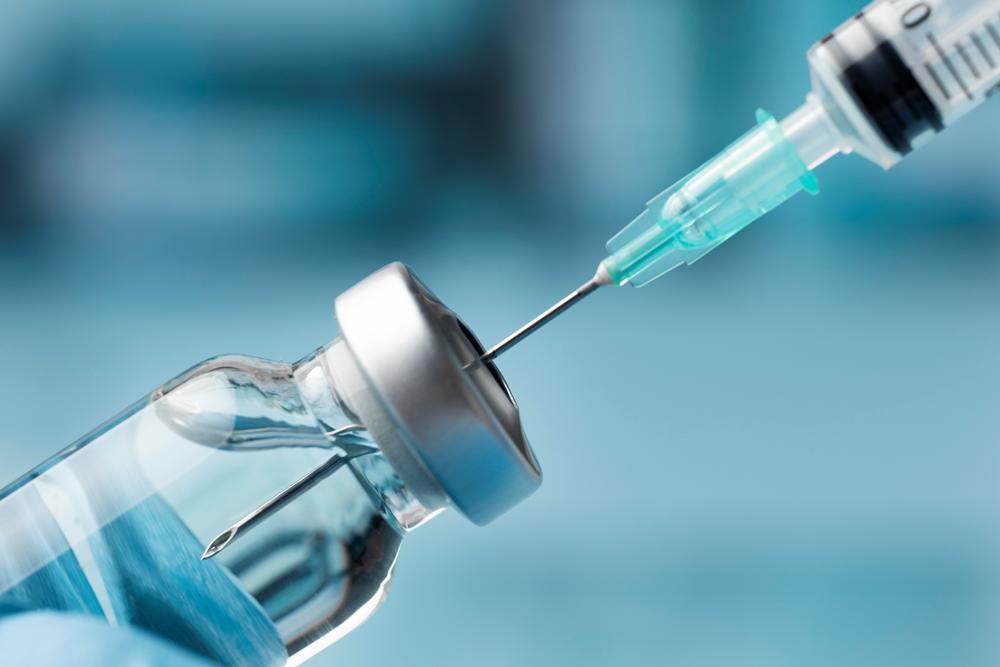
The NHS will give 7,000 premature babies in England a new RSV jab that offers protection against the common respiratory virus this winter.
From late September, around 7,000 high-risk infants and babies born before 32 weeks this year will receive a single dose of nirsevimab, which provides six months’ protection against respiratory syncytial virus (RSV).
RSV infects around 90 per cent of children by age two and can cause serious lung infections such as bronchiolitis (inflammation of the small airways) and pneumonia.
Dr Claire Fuller, co-national medical director for NHS England, said: “This injection will provide premature babies with a protective bubble against RSV just in time for the colder months.
“It will offer a long-lasting defence helping to avoid unnecessary hospitalisations and serious illness – giving babies the best possible start in life and shielding them from harm.”
The injection replaces palivizumab, the current monthly jab.
Trial data suggests nirsevimab offers more than 80 per cent protection, compared to around 55 per cent from its predecessor.
It will also be available each RSV season for infants with complex heart, lung or weakened immune system conditions.
Premature babies are three times more likely to be hospitalised with RSV than those born at term, and ten times more likely to need intensive care.
Unlike a vaccine, nirsevimab delivers ready-made immune protection that helps create a barrier to RSV infection. NHS England estimates that if 95 per cent of eligible babies are given the injection, it could prevent nearly 350 hospital admissions this year, including some to intensive care.
Eligible babies entering their first RSV season – from September to February – will be immunised either through their neonatal care team or by referral from their usual clinical team.
Around 30,000 children under five are admitted to hospital with RSV in the UK each year. It causes around 30 infant deaths annually.
John Stewart, director of specialised commissioning at NHS England, said: “For babies born very prematurely, the risk of contracting RSV in their first winter is high and extremely serious.
“This new medication will provide vulnerable infants with their own suit of armour that protects against what can be a life-threatening infection.
“I am delighted that we will be able to offer nirsevimab to protect these babies from this winter onwards and I’m extremely grateful to colleagues in specialist neonatal clinics across the country who will deliver this life-saving service.”
The jab works differently to the RSV vaccine given to pregnant women, which helps their bodies produce antibodies passed on to the baby in the womb.
Babies born before 32 weeks are unlikely to benefit from this, as the vaccine is recommended from week 28 and may not have taken full effect.
Health systems in Scotland, Wales and Northern Ireland are also set to offer nirsevimab from this autumn, after NHS England and the UK Health Security Agency negotiated an agreement with manufacturer Sanofi. Around 9,000 infants across the UK are expected to benefit each year.






